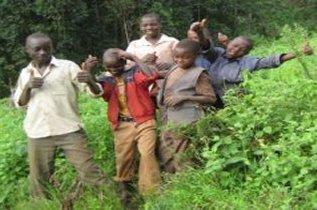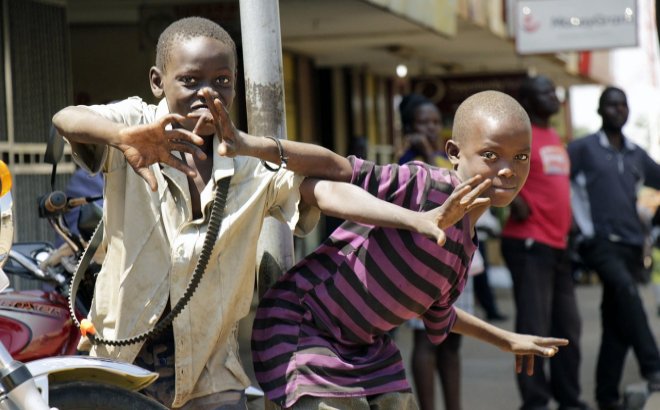Volunteer Work Programs Uganda
Uganda offers a wide array of free and paid volunteer work placements, catering to various skill sets and interests:
Education: This is one of the most popular sectors. Many schools, especially in rural areas, are understaffed and under-resourced. Volunteer work can include teaching English, mathematics, science, or other subjects, assist with extracurricular activities, develop teaching materials, or help with school infrastructure projects like building classrooms or establishing libraries. From primary schools to vocational training centers, the need for enthusiastic educators is immense.
Healthcare: For medical and nursing students, qualified professionals, or those interested in public health, opportunities exist in clinics, community health centers, and hospitals. Volunteers can assist local staff, conduct health education workshops (e.g., hygiene, nutrition, sexual health), organize outreach programs, or support administrative tasks. It's crucial for medical volunteers to operate within their professional scope and under local supervision.
Community Development: This broad category encompasses a range of initiatives aimed at empowering local communities. Volunteers can work on projects focused on: Women's Empowerment: Supporting women's co-operatives, teaching vocational skills, or assisting with microfinance initiatives. Youth Programs: Mentoring, sports coaching, leadership development, or creative arts programs for young people. Sustainable Agriculture: Helping communities implement improved farming techniques, establish community gardens, or promote food security. Water, Sanitation, and Hygiene (WASH): Assisting with the construction of clean water sources, latrines, or conducting sanitation awareness campaigns.
Conservation and Wildlife: For nature enthusiasts, opportunities include working with local conservation organizations in or near national parks. This could involve wildlife monitoring, habitat restoration, anti-poaching awareness, environmental education for local communities, or supporting eco-tourism initiatives that benefit conservation.
Many communities in Uganda face challenges related to poverty, limited access to education, inadequate healthcare, and environmental degradation. Volunteers are often welcomed into programs where their efforts directly address these pressing issues. The impact of your volunteer work, whether teaching children, assisting in a clinic, or participating in a conservation project, is often immediate and deeply appreciated.
If you are considering undertaking a period of volunteer work in Uganda check out our Uganda profiles page to explore the country before you visit and learn how to make the most of your time there. Also have read of the Lighthouse Project below, a humourous and insightful tale about being a volunteer in Uganda. |






















